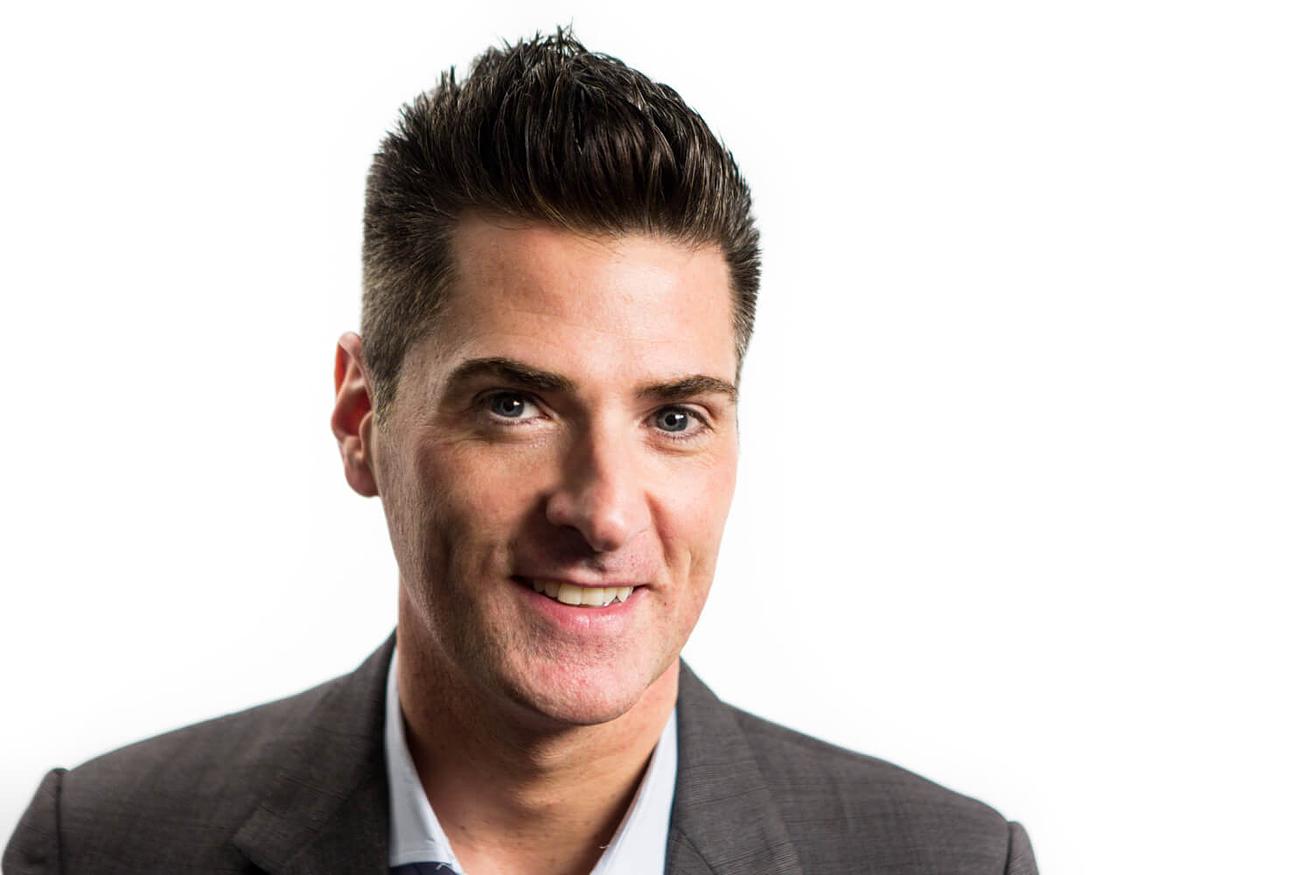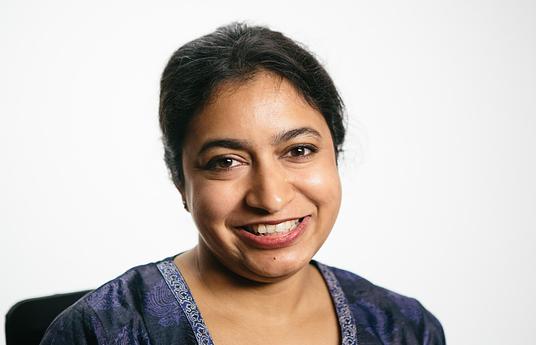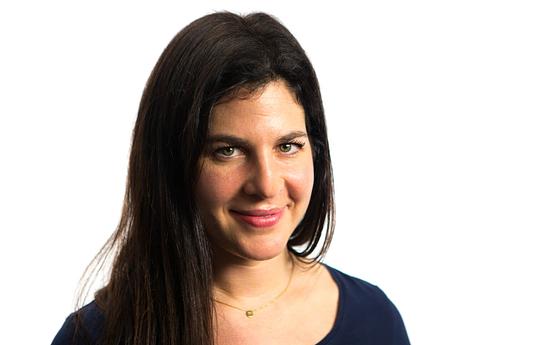Anthony Salcito
Anthony Salcito is Vice President for Worldwide Education at Microsoft. His job is to look after the work they do across Microsoft for schools and educators as well as celebrating teachers and helping school leaders transform.

Skills
Are schools teaching the skills students need?
Not broadly enough. One of the things we need to do in our classrooms is actually start to look at how education must transform, both in reflection of what’s possible as well as what’s needed - what’s needed in the workplace, how we grow economies, how we address the changes that are happening in the world of work. The need for more collaboration and creativity, the way in which we get projects done with critical thinking - I think these are important elements that need to be brought to the classroom.
We have to move from a world of assessment to one in which we celebrate the collaboration and connection that students have. We should be looking at how they can make and create, how they learn from each other and from an ever-changing world of content. We need to do a better job of transforming that dynamic in the classroom.
Teachers
What is the role of the teacher?
In this world of learning the teacher’s role has increased. The importance of amazing, innovative teaching has become essential to the thriving education system we all aspire to build.
We need teachers who embrace change, who understand how to teach beyond the walls of the classroom and who connect personally with students. We also need teachers who can orchestrate this ever-growing array of content and tools that can be used to have amazing impact, and actually reach every child to make their true potential come alive.
How do you think teachers can improve their work on a daily basis?
I want to thank teachers and celebrate their awesomeness.
One of the things I want to help teachers recognize is that it’s okay to fail as part of this journey. There are a lot of changes that are happening in the classroom and a lot of new tools - embrace them, lean on each other, celebrate each other and support each other along the journey.
The other thing is to focus on the fundamentals. The most important thing we can do is to help every student expect more from their own future. Getting creative energy around this aspirational push and raising expectations of students will give you the energy you need to try new things with technology, tools and teaching methodologies.
We’ve got to celebrate the learning journey that we are all on together in this important time.
Assessment
Do you think stadardized testing is an effective way to assess learning?
I value the accountability that we need to embrace in education - we should expect great things from our educators and students. But what we test and what we teach has to transform. I love the ability to have assessment, micro-assessment, long form assessments etc, I just question the ways in which we are expanding and evolving what we teach and what we test.
In a world where content is at our fingertips in an ubiquitous, ever-growing way, how we value content as part of the students’ overall assessment and evaluation has to change. We should be bringing together and assessing skills, students’ leadership potential, how well they collaborate with others, how well they communicate their ideas, how well they are at being creative thinkers or computational thinkers. These are the foundational elements that need to be a part of the assessment model.
Environments
What would be the most exciting learning environment?
I love a learning environment that’s trying to achieve a joint-mission or a connected joint-goal across a project, especially when it connects to something that’s bigger than the subject.
When we’re trying to achieve something to help the world, to save an animal, or to do something impactful in a community, students rally around it. They bring the disciplines from across subjects into the projects. They collaborate and share ideas.
Those learning environments are alive and impactful, and provide the core learning skills that will help students in their workforce life.
Leadership
What role do you think government should play in education?
We need our governments to recognize the importance of education on a thriving economy. That link has become ever clearer around the world. You need to lay the foundations in schools now to grow entrepreneurship, jobs and a stable economy going forward.
To do that you have to invest in education, support quality teaching and school leadership development, create an expectation of education to drive that change forward and then also recognize the need for the whole community to be involved. It’s got to be a public-private partnership, parents have to play a key role and you’ve got to think about how the unique elements of your country or area can be used to enhance the learning opportunities that exist for students.
Personal memory
What was your favorite moment in your own education?
I always loved my time in school when I was working on something with other students. I did lots of extra-curricular activities, which in my educational background were the only access you had to those things.
Most of my career in education was very traditional. We learned subjects chapter by chapter and page by page, but I came alive when I was working on the yearbook, or the newspaper, or the student government where I worked with other students on solving real problems.
I was also a very early fan of computing. I was a geek growing up, and my computer was my friend when I started my high school days. I began to see a world beyond my school, beyond my neighborhood - I was an inner city kid who didn’t understand the world outside of the few blocks in my neighborhood. When I started to connect with people from all over the world and country, my own world opened up. I have been pursuing that world digitally ever since.
Did you have a favorite teacher?
I loved all my teachers, but I actually had one teacher when I was in eighth grade who really pushed me. I came from an environment where I didn’t expect anything from my future. She saw something in me and challenged me to push my boundaries beyond my comfort zone, and it paid off.
One of the things I try to do best in the work that I do with students is to challenge them to find the amazing potential they have within themselves and make it real, because I think that when we ask students to expect more from themselves and their future, they always exceed their own expectations.
The next 100 years
The next 100 years of Finnish education should... recognize and celebrate the history of value that is placed on education in the country, but use new ideas and techniques to keep it alive, flourishing and moving forward.




